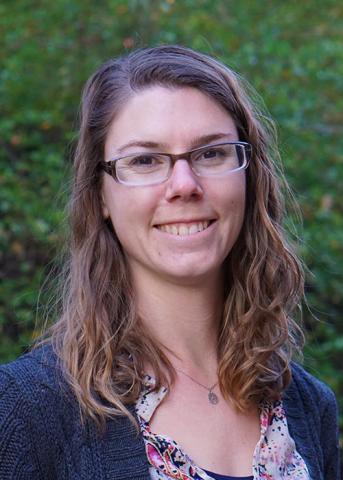What excites you about nutrition?
I love food. I think we probably all do. It provides comfort and pleasure and can serve to bring community together. It is an integral part of our culture and is something that we engage with — must engage with — every single day. But beyond being necessary to survive, food has the potential to dramatically change our health, for the better or worse. Without downplaying the incredible advances in medicine, nutrition is a factor that can often be overlooked in this field. We are just starting to understand all of the different ways that nutrition can impact our health from research into the microbiome to our continually developing understanding of how different macro and micronutrients interact with our body at the metabolic level. Not only is nutrition support a critical aspect of the healing process in those who are injured or critically ill, but in certain medical conditions, nutrition therapy is an essential component of lifelong disease management. I am very excited to become part of a medical team working to help families and children manage difficult medical conditions in order to live the best life possible.
What inspired you to pursue a Master of Science degree in Nutritional Science?
Not getting into too many details, I have been dealing with many of my own health issues over the past ten years. Until a few years ago, I was having little success with conventional medical tests and treatments. At that time, I started to do my own research and stumbled upon the idea of food as a form of medicine. By changing the way that I was eating, I was able to resolve, or at least better manage many of my symptoms. And as I started talking to others about this experience, I found that so many people are dealing with similar health issues. Since then, I’ve come to learn that there is so much more to the world of medical nutrition therapy than recommending dietary changes, but seeing first-hand the impact that some small changes had on my own life inspired me to learn how to help others improve their health as well.
Tell us about your internship and/or research work.
For my master’s thesis work, I am proud to have had the opportunity to play a leading role in a clinical research study and to have been involved at all stages of the project from the beginning, including planning, IRB application, participant recruitment, data collection and analysis and hopefully eventually publication. My thesis research is a pilot study aimed at laying the groundwork to explore the impact of food additives on the development and ongoing management of celiac disease.
There is some evidence that celiac disease is triggered by environmental factors, one of which may be food additives, though there is little existing research on the topic so far. For this study, we collected 3 day food records from 26 children/youth, half with celiac disease and half without. The study will compare the macro and micro nutrient content, and amount of food additives consumed by each group. Results of this study will inform the need for additional research on the topic which in turn has potential to inform dietary recommendations for children with celiac disease.
I completed my clinical and medical nutrition therapy (MNT) rotations at Harborview Medical Center as an intern in the inpatient dietetics office where I gained experience working with patients on the medicine/surgery, neurosurgery and ICU floors. Currently, I am interning with a community health center with the Women, Infants and Children (WIC) program and will finish my time completing a management rotation at Seattle Children’s Hospital.
What area of nutrition do you envision pursuing after completing your degree?
I plan to work as a clinical dietitian, with a focus on pediatrics and chronic gastrointestinal (GI) disease or cystic fibrosis management. At this point, it is difficult to be any more specific, but I’m looking forward to joining the workforce to gain additional experience as I narrow down my interests, and gain the skills needed to specialize. As most new graduates do, I will likely start out working as a generalist and specialize as I gain more experience working with a specific population.
Visit the Nutritional Sciences Program website to learn more about Erin.

